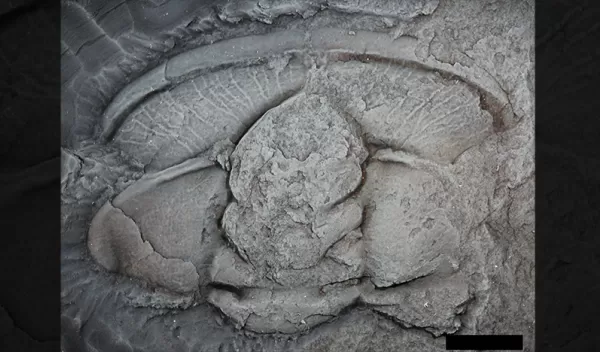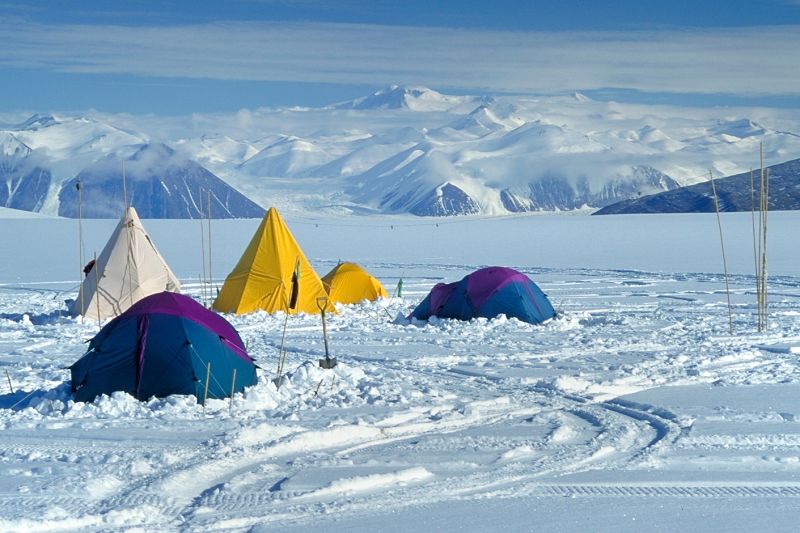
Mountain building linked to major extinction event half a billion years ago
As life on Earth rapidly expanded a little over 500 million years ago during the "Cambrian explosion," Earth had tectonic plates slowly crashing into each other, building mountains and starting a series of unfortunate events that led to a mass extinction.
These plate interactions further led to magma rising to the Earth's surface, large amounts of greenhouse gasses entering the atmosphere, and rapid climate change. The resulting extinction decimated animal groups, like archaeocyathids (reef-building marine sponges) and hyoliths (animals with little conical shells).
"It's unusual to point to a tectonic cause for an extinction event," said John Goodge, a professor emeritus at the University of Minnesota Duluth, "but the evidence is compelling."
Goodge and his colleagues realized the link to plate tectonics after comparing field notes from sites in Antarctica and southern Australia. They noticed that the two locations, which were once near each other around the equator as part of the supercontinent Gondwana, had nearly identical records of mountain building right before the extinction.
The U.S. National Science Foundation supported the field expeditions and research, which took place starting in the 1990s.
It all started when Goodge and fellow scientists set up their bright yellow and blue tents on a snow-covered glacier in Antarctica. Over two field seasons, they traveled by helicopter and snowmobile to the Holyoake Range and examined fossils from the carbonate reef structures to pinpoint the extinction. A separate team found similar records in Australia in 2011.
"You never know when something you did decades ago is going to come together in a new way," Goodge said.
The research was recently published in the journal Science Advances.

